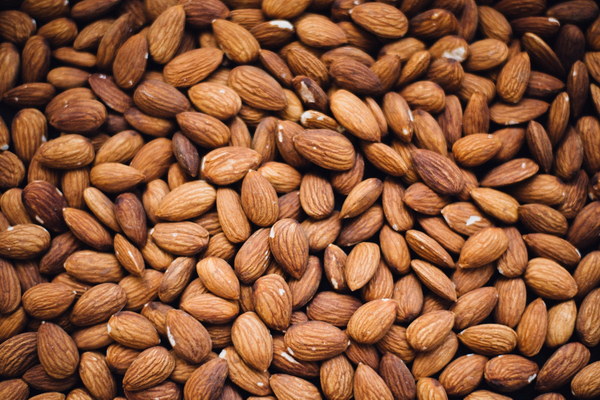Balancing Gout Liver and Kidney Health A Guide to Effective Herbal Remedies
In the intricate tapestry of human health, managing conditions like gout, liver issues, and kidney problems requires a holistic approach. Gout, characterized by the buildup of uric acid crystals in the joints, often demands not only pain management but also the support of vital organs. Liver and kidney health are paramount in this equation, as they play crucial roles in filtering and detoxifying the body. This article delves into the world of herbal remedies specifically designed to nurture the liver and kidneys while aiding in gout management.
Understanding Gout, Liver, and Kidney Interactions
Gout is a form of arthritis that occurs when uric acid levels in the blood become too high, leading to the formation of crystals in the joints. While gout attacks are primarily painful and can be treated with medications, the underlying causes, such as liver and kidney dysfunction, must also be addressed for long-term health benefits.
The liver is responsible for producing uric acid and excreting it from the body. When the liver is impaired, it can lead to elevated uric acid levels. Similarly, the kidneys filter waste products, including excess uric acid, from the blood. Kidney dysfunction can cause a buildup of uric acid, exacerbating gout symptoms.
Herbal Remedies for Gout, Liver, and Kidney Support
1. Turmeric
- Benefit: Turmeric, known for its active compound curcumin, has anti-inflammatory properties that can help alleviate gout pain. It also supports liver health by promoting detoxification and bile production.
- Usage: Take turmeric supplements or incorporate it into your diet with turmeric powder in dishes.
2. Artichoke
- Benefit: Artichoke is rich in cynarin, a substance that stimulates bile production, aiding in the liver's detoxification process. This can help lower uric acid levels.
- Usage: Consume artichoke leaves in tea form or as a cooked vegetable.
3. Nettle Leaf
- Benefit: Nettle leaf is a diuretic that can help flush excess uric acid from the body. It also contains anti-inflammatory compounds that can ease gout symptoms.
- Usage: Brew nettle leaf tea or take it as a supplement.
4. Dandelion Root
- Benefit: Dandelion root is a natural diuretic that supports kidney function. It also has a liver-protective effect, helping to filter out toxins and reduce uric acid levels.

- Usage: Drink dandelion root tea or take it as a supplement.
5. Milk Thistle
- Benefit: Milk thistle is renowned for its liver-protective properties. The active compound, silymarin, can help regenerate liver cells and support healthy liver function.
- Usage: Take milk thistle supplements or use it in herbal blends.
6. Burdock Root
- Benefit: Burdock root is a detoxifying herb that can help purify the blood and support kidney function. It can also aid in reducing uric acid levels.
- Usage: Brew burdock root tea or use it in herbal tinctures.
Integrating Herbal Remedies into Your Gout Management Plan
While herbal remedies can be a valuable addition to a gout management plan, it is essential to integrate them safely and effectively. Here are some tips:
- Consult a Healthcare Professional: Before starting any new herbal regimen, especially if you are taking other medications, consult with a healthcare provider to ensure compatibility and avoid potential interactions.
- Start Gradually: Begin with low doses and gradually increase as needed, especially when introducing new supplements or herbal teas.
- Maintain a Healthy Diet: A diet low in purines and high in fruits, vegetables, and whole grains can help manage gout symptoms while supporting liver and kidney health.
- Stay Hydrated: Adequate hydration is crucial for kidney function and can aid in flushing out excess uric acid.
By combining herbal remedies with a balanced lifestyle and medical guidance, individuals with gout can work towards not only managing their symptoms but also supporting the health of their liver and kidneys. Remember, while these remedies can provide relief, they are not a substitute for proper medical treatment and management.









